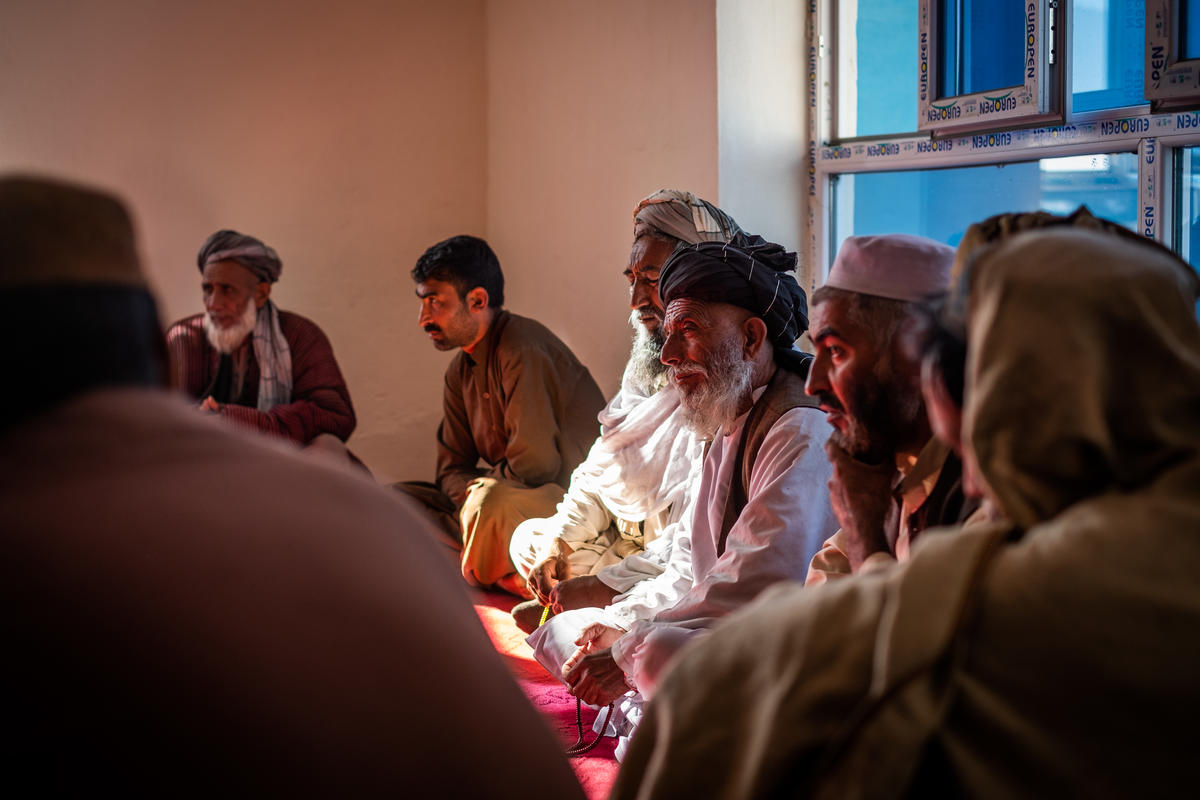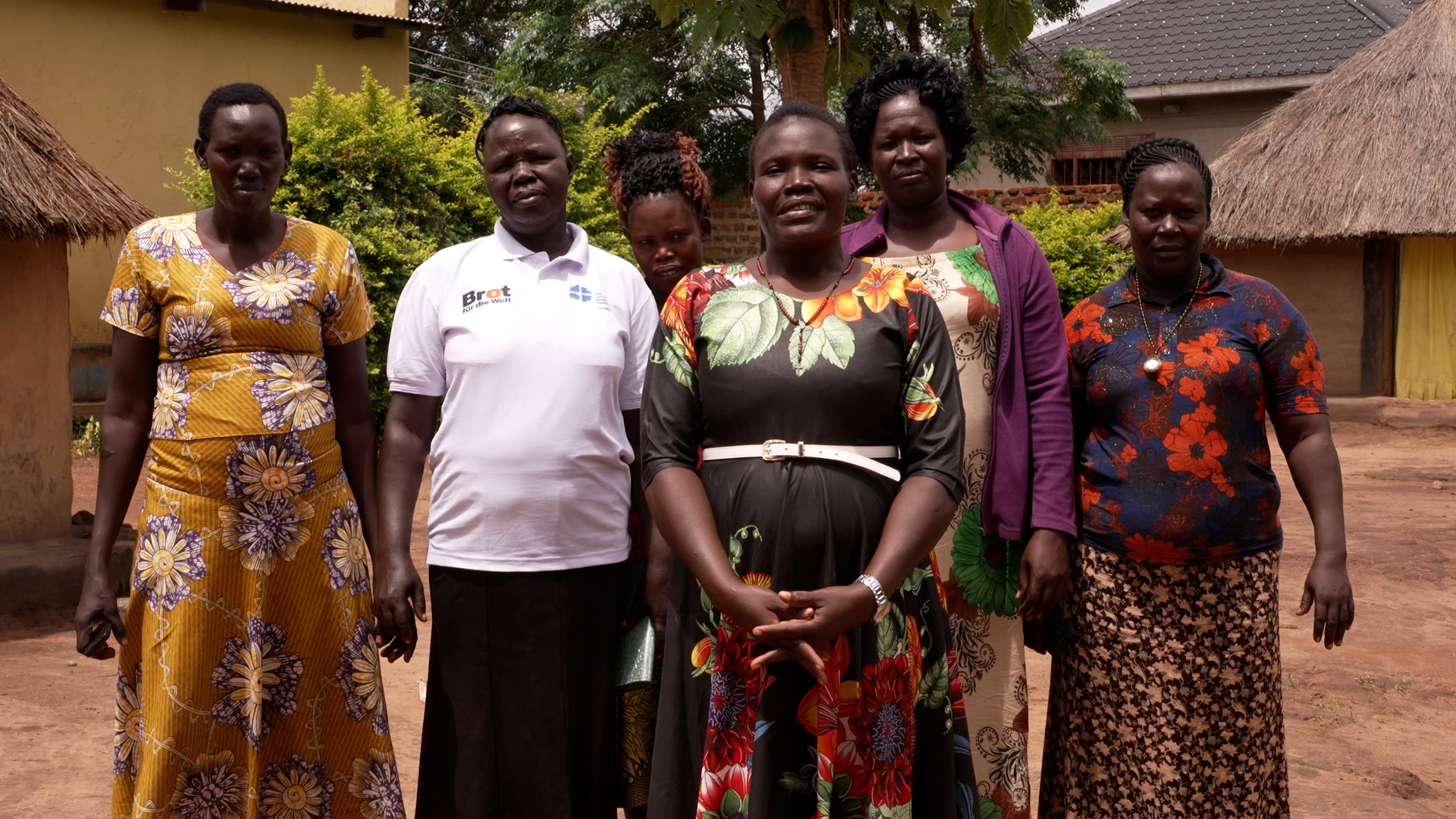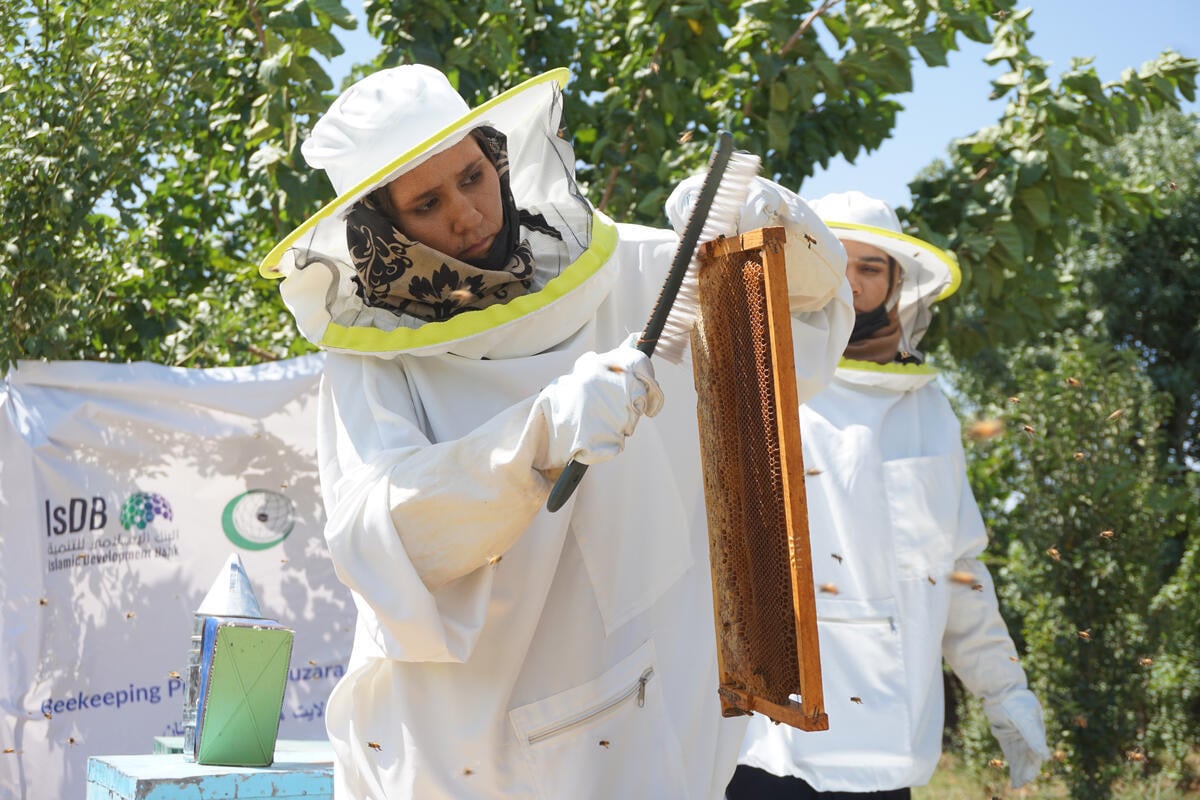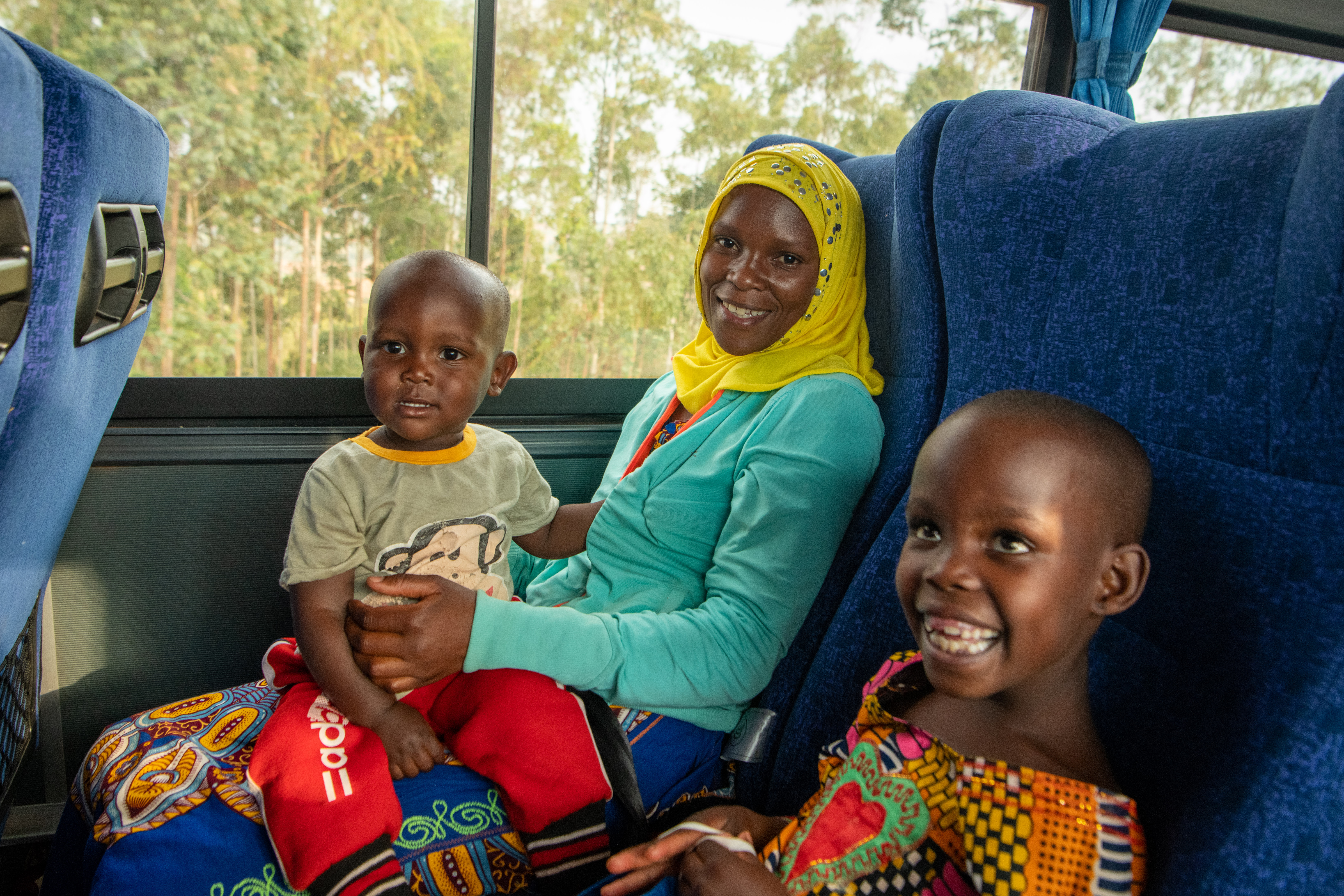Returning Afghan refugees rebuild despite challenges

Returning Afghan refugees rebuild despite challenges
In 47 years, Qayyum Khan* has been displaced three times across two neighbouring countries.
He was only a teenager when his family left for Pakistan during the Soviet occupation of Afghanistan. They never thought the move would be permanent, but as the decades passed and one conflict melted into another, the hope of being able to return home seemed increasingly remote, more like faded dreams than a reachable reality.
In 2016, Qayyum Khan decided to move his family – including seven children, all born and raised in Pakistan – back to Afghanistan.
“I don’t even remember how we got on the truck, how we packed up our lives."
“I don’t even remember how we got on the truck, how we packed up our lives, none of it,” he says, recalling the excitement he felt.
Qayyum Khan and his family are among some 5.2 million Afghan refugees who have returned home with the assistance of UNHCR, the UN Refugee Agency since the early 2000s.
After raising his children with stories of his childhood home, the transition to life in present-day Afghanistan presented challenges. After only three months back in his home in Chadara district in Kunduz province, Qayyum Khan was displaced by violence for the third time.
He moved his family to Dasht-e Tarakhil area, nearly an hour east of the capital Kabul, where more than 1,000 other returnee families – many hailing from his native Kunduz – had started to settle.
While safe from violence and insecurity, the family initially found the area isolated and underdeveloped. The land and nearby fields were barren and empty, and unpaved roads made it difficult to travel long distances to seek work or attend school.
But drawing on strong community ties and help from UNHCR and its national partner ABRAR, Afghan authorities and international organizations, the community has gradually grown to more than 7,000 people.
By pooling funds given to them by international organizations, including UNHCR, which helps refugees who opt to return home, the community bought small plots of land in the area and began to rebuild their lives.
In 2017, UNHCR paved one kilometre of the road leading to the community, improving access to the main road and local markets. This year, UNHCR and its partners built two solar-powered deep water wells, reservoirs and a water distribution network, to provide the growing community with a clean, dependable supply.
Efforts to encourage entrepreneurship began last year and are continuing. They include the establishment of small and medium enterprise projects for 30 men and 30 women and the funding of a carpet weaving program – offering an alternative to low-paid day labouring in Kabul, which pays the equivalent of US$1 a day. The small businesses in the area are meeting a growing market demand and are expanding.
- See also: In Afghanistan, UN refugee and relief chiefs call for urgent increase in international support
The township, which also includes families from Baghlan province, decided to invest in their younger generations. Last year, each household raised what funds they could to buy land to build a school for their children, many of whom did not know the local languages of Pashto and Dari when they arrived.
“We may not be here tomorrow, but our children will be,” said Zardad, another returnee. The school, which is being built with the assistance of UNHCR, will be integrated into the Government of Afghanistan’s education system.
“We may not be here tomorrow, but our children will be.”
So that their education is not interrupted while the new school is being built, the children continue to study in temporary facilities provided by UNHCR and UNICEF. Sessions are split between morning and evening, to accommodate both boys and girls. The teachers are young men, in their 20s, from the community.
Residents are grateful for how much has changed for the better in the nearly three years since they returned, among them Haji Amooz. "We are much happier, things have improved greatly since we first arrived," he says.
While Qayyum Khan notes that challenges remain and there is much to be done, he and other residents are hopeful, highlighting that he does not regret coming back.
The needs of millions of Afghan returnees are high on the agenda of the Geneva Conference on AfghanistanLink is external, taking place this week.
Led by the Government of Afghanistan and supported by the UN, the forum aims to take stock of the progress made in recent years, and the long-term interventions and investments needed for return and reintegration to be sustainable.
*Refugees names have been changed for protection reasons.














